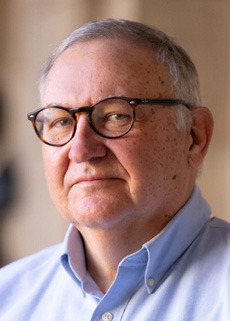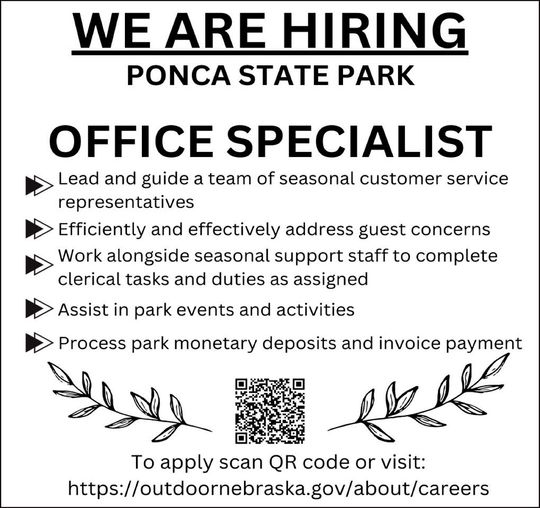A few years back, a lucky tip came my way about an impending immigration raid in O’Neill.
I don’t recall a lot of details about what was expected to happen, but the tip was “you’d better be there tomorrow morning.”
As I drove up Highway 281 toward the north-central Nebraska town, I settled in behind what seemed like an endless line of SUVs with blackened windows also driving northward.
It turned out they were mostly agents with the U.S. Immigration and Customs Enforcement (ICE) who were headed to O’Neill to deliver arrest warrants. They were targeting 17 people alleged to have recruited undocumented workers, given them identification documents, and then arranged for them to work at local feedlots, hog-confinement facilities, a tomato greenhouse and a potato processing plant.
The 2018 raid also resulted in 133 foreign-born workers at various businesses in the O’Neill area, as well as in Minnesota and Las Vegas, being detained.
But a funny thing happened after the raid. Dozens of townspeople held a rally in O’Neill to support the workers, calling them friends, hard workers, fellow church members and part of the community of 3,600.
They urged the federal government to release them so they could be reunited with their children and families, and get back to work.
The chatter on social media, of course, was less sympathetic. But the more public face of O’Neill was that good people, who just wanted to work and raise their family in a safe place, had become victims of an illegal scheme between a few employers and a local restaurant/grocery store owner who was lining up workers.
Fast forward to today, and immigration has emerged as a major issue in the 2024 elections, complete with video of more and more migrants seeking refuge, and jobs, in the United States.
What should we make of it? One thing’s for certain: immigrants, with only some exceptions, have been good for our state.
The growth in foreign-born residents is one of the main reasons Nebraska’s overall population has risen in recent years, and has reversed population declines in some rural communities.
Wakefield, in northeast Nebraska, grew from about 1,100 residents in 1990 to more than 1,500 now due to an influx of immigrants, according to recent reporting by the Flatwater Free Press.
Between 2010 and 2020, 21 counties outside the Omaha and Lincoln areas grew in population, the new site reported, with most increases due to new residents of color.
It is “glaringly apparent,” according to a consultant hired by the Nebraska Chamber of Commerce Foundation, that Nebraska cannot solve its workforce shortage without more immigrants taking those positions, according to a story by the Nebraska Examiner.
The consultant’s report led to a summit by the Chamber to work on how to attract more immigrants to address the labor shortage, which totals an estimated 50,000 to 80,000 unfilled jobs across the state.
And immigrants and refugees work. Foreign-born Huskers had a higher participation rate in the labor force – about 73% compared to 69% for U.S.-born Huskers, the Examiner reported last year, based on census data. And, data showed that they were more likely to fill low-wage service and production jobs, the ones that are hardest to fill. Overall, immigrants and refugees contribute about 8% of the state’s total economic output. That’s not insignificant.
I know there are a lot of opinions – pro and con – about immigration and what Congress needs to do to address the crush of those seeking to enter the U.S.
A buddy of mine who used to live in Phoenix told me I’d think differently about immigrants if you lived near the border in Arizona.
Maybe, but it’s pretty clear that in Nebraska, immigration, and hard-working residents from other countries, have been an asset.
Paul Hammel has covered the Nebraska state government and the state for decades. He retired in April as senior contributor with the Nebraska Examiner. The Ralston native was previously with the Omaha World-Herald, Lincoln Journal Star and Omaha Sun.

.jpg)











